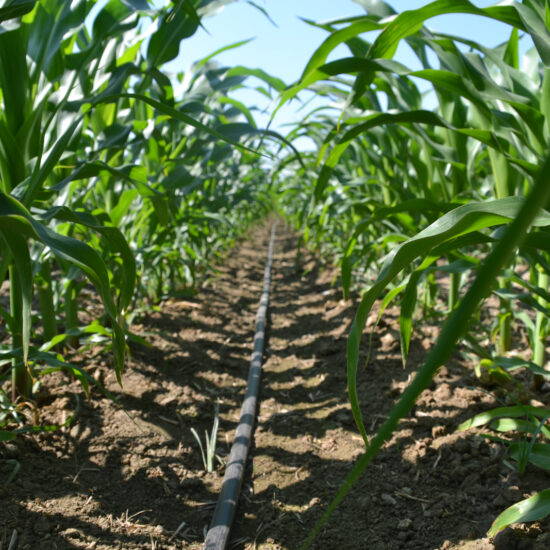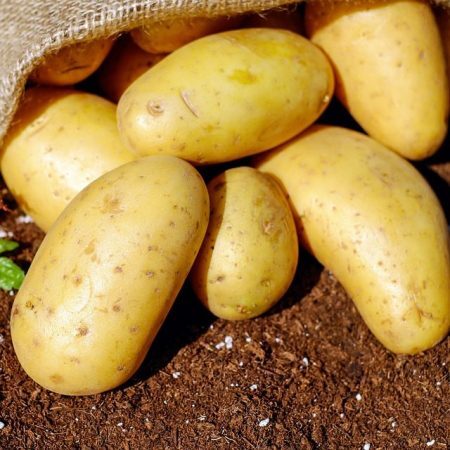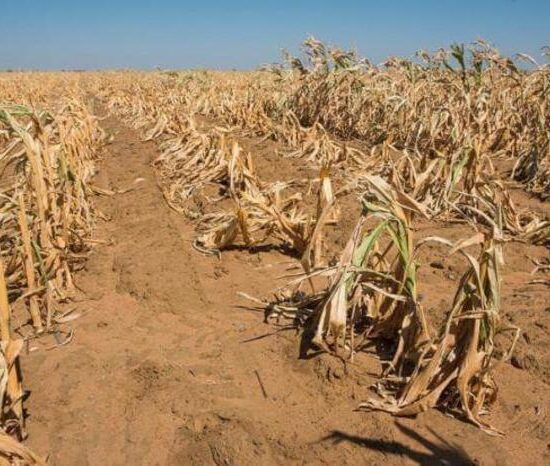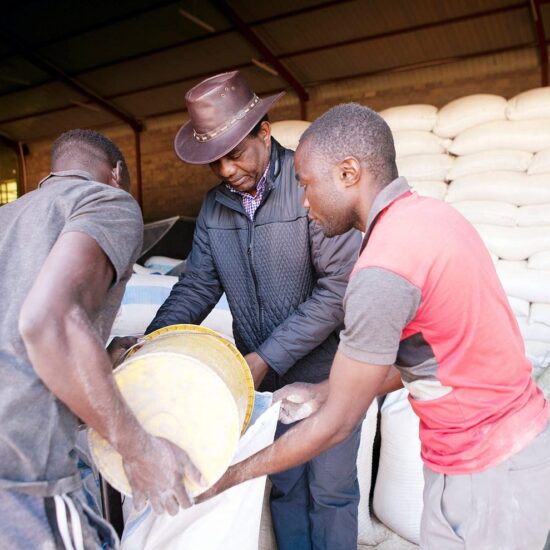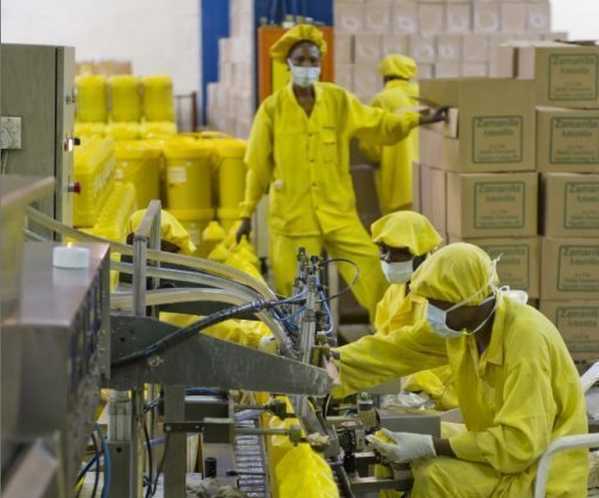
The Crushers and Edible Oil Refiners Association (CEDORA) has revealed that they oppose the decision made by Oilseed stakeholders to export 100, 000 tonnes of raw soya beans when the country has installed capacity to process all the soya produced this year.
CEDORA Director Aubrey Chibumba said the decision is rushed, as processors have not been given an opportunity to acquire the soya beans needed for processing of cooking oil and other products locally.
Speaking in an exclusive interview with the Zambian Business Times – ZBT, Chibumba said the stakeholders did not consider the fact that of the 411, 000 metric tonnes of soya beans that was produced last season, only 40, 000 metric tonnes was exported which means 371, 000 tonnes of soya beans was consumed locally.
So if last year 2021, 371,000 tons of soya was consumed locally, where has the computation or estimation of the 280, 000 metric tonnes which has now been reserved for domestic consumption this year 2022 come from?. The 280,000 is far less than what was consumed locally last year.
Chibumba told ZBT that CEDORA has written to the Ministry of Agriculture and stated its position that there is a potential of exporting a maximum of 40, 000 metric tonnes of soya beans and the rest should be left for the domestic market.
He noted that the decision to allow the export of initially about 30, 000 metric tonnes of soya beans with a review later on of possibly increasing if the need arises was reached at the last stock monitoring committe meeting adding that it would be wrong for the public to think there is enough soya beans for the country to allow the export of 100, 000 tons.
“You ignore all those things and just simply say that we are going to export 100, 000 tonnes. Some people just want to manipulate the value chain for whatever reasons of their own, so we refused to sign that statement”, he said.
Chibumba said the association members currently has installed capacity of a million tonnes of Soya, so the country can process the whole 475, 000 metric tonnes of soya beans that has been produced this year, but some people in the value chain need to trade soya beans for their own reasons or interests.
He explained that it is understandable that everyone in the value chain has to benefit but the association members has invested over $500 million to put up crushing and manufacturing facilities in Zambia but people who have not made any investment are trying to dictate what happens in the sector which should not be allowed.
“In every other sector, the emphasis is on value addition so why should this be different, we have got the capacity to process all the produce but we don’t want to look as if we are trying to manipulate the prices, so we understand that a reasonable quantity of beans could be exported”, he said.
Analysts say it’s better for a country to meet its local demand first before exporting the excess especially with the reported looming shortage of food on the back of the Russia – Ukraine conflict. Cooking oil, soya cake and stock feed which are value added products can then be exported to earn the country much more than the projected $63 million from exporting raw and unprocessed soya beans.




